Varicocele Surgery Benefits: Is a Varicocelectomy Worth it?
Fertility Treatment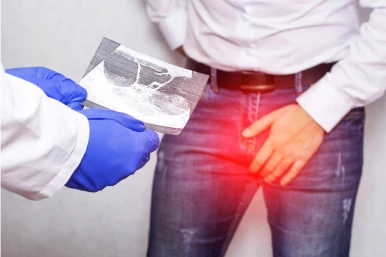
Varicocele is one of the most common testicular disorders in men. It is associated with abnormal enlargement and twisting of the veins above the testicle. This condition may not usually cause male infertility. However, in some cases, it causes an increased testicular temperature that reduces the quantity and quality of sperm and will lead to male infertility.
Varicocele treatment can increase the function of cells that produce testosterone (male hormone) and reduce complications and the possibility of recurrence. So, treating varicocele with surgery or other treatment methods is necessary. There are various varicocele surgery types, each with its own success rate and benefits. These benefits of varicocele surgery include improved sperm quality, reduced pain, and enhanced fertility.
Read on to learn about different varicocele treatment procedures, the best options, and varicocelectomy instructions.
What Is a Varicocele?
Varicocele is a complication that occurs due to the malfunction of the valves of the testicular veins. These valves control the testicular blood flow to the body. Therefore, when these valves are damaged, the blood that reaches the testicles from the arteries does not back up well and will cause the production of low-quality sperm.
The testis generally has three venous networks, including internal spermatic arteries, external spermatic arteries, and vas deferens arteries. Different grades of varicocele occur in the internal spermatic arteries, with grade 3 varicocele being the most severe one.
Studies have shown that varicoceles are more common in the left testicle. The reason is that the path of the left spermatic vein that drains blood from the left scrotum into the renal vein is longer and more vertical.
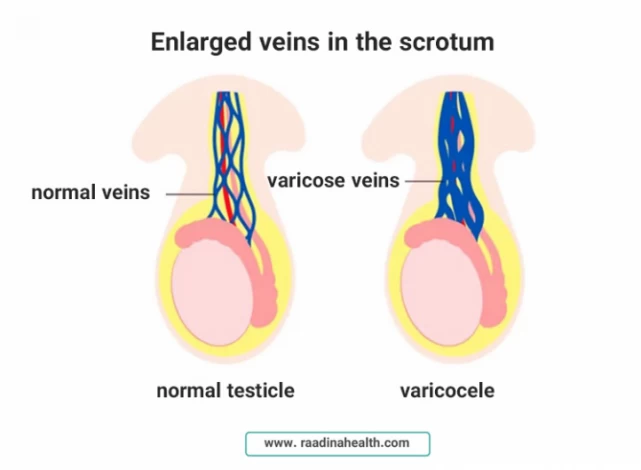
Who is a Good Candidate for a Varicocelectomy?
Varicoceles happens in about 15% of adult men and 20% of teen boys. This condition does not usually cause any pain or signs. In case of not having pain or discomfort, the doctor may suggest no treatment to avoid surgery risks.
Varicoceles often occur on the left side of the scrotum. Varicoceles on the right side appear more likely to be due to tumors. The doctor might recommend a varicocelectomy for a varicocele on the right side.
As male infertility is a common side effect of a varicocele, the doctor may suggest a varicocele surgery to improve the patient's chance of having children. Varicocele repair surgery is also recommended in case of experiencing side effects of decreased testosterone production, such as weight gain and low sex drive.
How to Prepare for Varicocele Surgery?
The following measures should be taken before the varicocele surgery:
- Consult with the doctor before the surgery about the use of medications such as antihypertensive or diabetes drugs;
- Take a bath on the day before surgery and shave the surgical area above the testicles and groin;
- Have a light dinner the night before surgery and fast for 6 to 8 hours before the surgery.
On the day of surgery, the patient should wear a special hospital gown and lie on a surgical table to receive general anesthesia if needed. The doctor then inserts a catheter to remove urine during surgery.
What Happens During a Varicocele Surgery?
A varicocelectomy is performed by a team of doctors specializing in urinary tract and reproductive system disorders, including a urologist, an anesthesiologist, and nurses.
The anesthesiologist will administer medicines to put the patient under general anesthesia so the patient does not feel any pain during the surgery.
Once the patient is sedated, the urologist will make incisions in the skin to access the varicocele. The surgeon then cuts the enlarged veins and seals off the ends. Sealing the ends will lead blood to flow into other healthy veins in the scrotum.
Afterward, the healthcare providers may place small silicone tubes in the affected area to drain blood or fluid. Finally, they stitch the cuts closed.
How Is Varicocele Surgery Performed?
Treatment of varicoceles plays an important role in improving male fertility. The treatment procedures depend on the varicocele surgery types and the grade of varicocele, including:
- Varicocele Embolization
- Subinguinal Varicocelectomy
- Microsurgical Varicocelectomy
- Laparoscopic Varicocelectomy
- Varicocelectomy Open Surgery
- Retroperitoneal Varicocelectomy
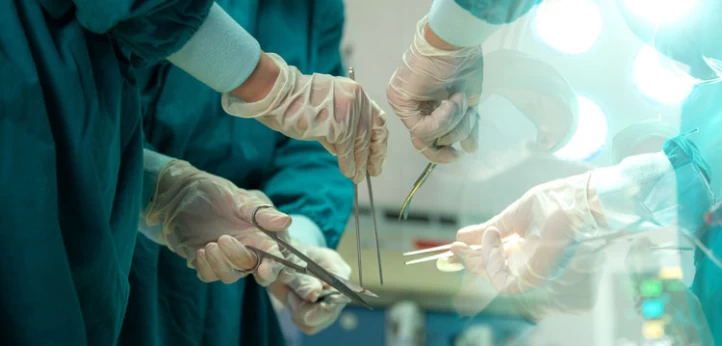
Varicocele Embolization (varicocele treatment without surgery)
Varicocele embolization is the least invasive treatment procedure. This non-surgical procedure uses an X-ray to help the doctor move the catheter into the enlarged vein. The doctor then injects a blocking agent or places a small coil in the affected vein to divert the blood flow. In the embolization method, the lymph flow is not disturbed. Therefore, there will be no risk of hydrocele and testicular artery ligation.
Subinguinal Varicocelectomy
Subinguinal varicocelectomy is done by inserting a tube into the groin. The other surgical tools are also inserted into the body through the same incision. In subinguinal varicocelectomy, the surgeon blocks or burns the affected veins with special chemicals.
Microsurgical Varicocelectomy
Microsurgical varicocelectomy is a minimally invasive surgery in which the urologist separates the affected veins from other arteries using microscopic magnification. The microsurgical method takes more time than other procedures. However, it has fewer complications and recurrence rates (less than 1%).
Varicocele Laparoscopic Surgery
In varicocele laparoscopic surgery, the surgeon utilizes a laparoscope with light to observe the inside of the body. The surgery begins with several small incisions on the abdominal area to identify and block the veins that caused varicocele. This method is also a minimally invasive surgery.
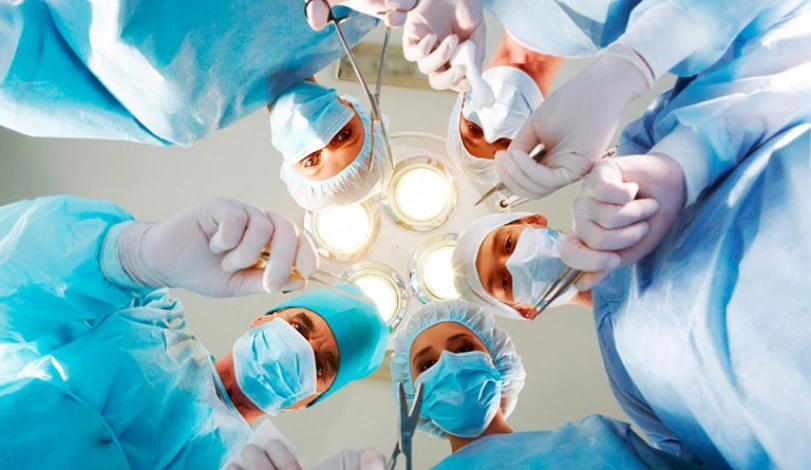
Varicocelectomy Open Surgery
In the varicocelectomy open surgery, the surgeon makes an incision in the groin area to identify and close the veins causing varicocele.
Retroperitoneal Varicocelectomy (Palomo varicocelectomy)
Palomo varicocele repair surgery is a safe and effective procedure in which an incision interrupts the veins higher than the abdominal incision. Recurrence and complication rates of retroperitoneal varicocelectomy are similar to open surgery.
Varicocele Surgery Recovery Time
Depending on the type of surgery, the patients can continue their routine activities between 2 days to 2 weeks after varicocele surgery.
Some aftercare measures should be performed, including:
- Rest and do little physical activities on the day after the surgery;
- Avoid strenuous exercises for 10 to 14 days after the surgery;
- Avoid sexual intercourse for four weeks after the surgery;
- Drink liquids a few hours after the surgery;
- Take a bath 2 to 3 days after surgery if no discharge is observed in the surgical area;
- Remove sutures 7 to 10 days after surgery if the sutures are non-absorbable;
- Use the medications prescribed by the doctor regularly;
- Take painkillers and antibiotics depending on the doctor's discretion to speed up the sperm recovery process and create good-quality sperm;
- Eat low-fat food such as plain rice, toast, yogurt, and chicken;
- Consume fiber to prevent constipation;
- Take laxatives as prescribed by the doctor if there is no bowel movement until two days after the surgery;
- Consult a doctor if you see bleeding, excessive discharge, high fever, and severe swelling at the surgical site or around the testicles;
- See a doctor at three-month intervals with a sperm test in case you have undergone varicocele surgery to resolve infertility.
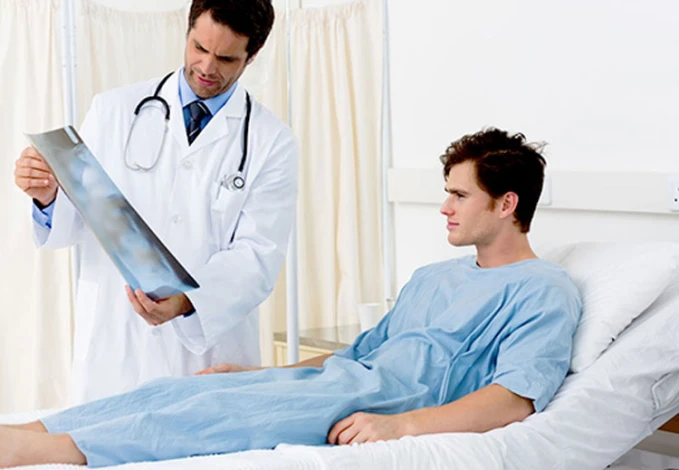
How to Sleep After Varicocele Repair Surgery?
During the varicocelectomy recovery, sleeping on the back and putting a pillow under the knees is better to lessen the pressure. Patients can sleep in whatever position they want two weeks after surgery when the veins are healed.
What Are the Benefits of Varicocele Surgery?
According to research, people who perform varicocele surgery see its positive effects from various aspects.
The advantages of a varicocele repair surgery are as follows:
- Improving semen quality;
- Reducing oxidation of sperm DNA;
- Improving sperm quality after three months;
- Increasing testosterone production and sperm motility for pregnancy;
- Treating infertility in case of performing other infertility treatment procedures;
- Solving the problem of the slow growth of testicles in teenagers.
What Are the Varicocele Surgery Side Effects?
Despite the benefits of varicocelectomy, the surgery may have some side effects, as below:
- Confusion and nausea due to the use of anesthetic drugs;
- Recurrence of varicocele due to incomplete ligation of affected vessels;
- Shrinking of the testicle due to the interruption of the testicular artery and lack of blood flow to the testicle;
- Temporarily testicular pain due to the ligation of the testicular veins;
- Partial and temporary bruising and swelling for 3 to 6 weeks in the groin;
- Damage to the testicular artery (often in open surgery) and, as a result, testicular damage;
- Hydrocele, or scrotal swelling, is caused by disruption of lymph flow during surgery and lack of sufficient rest. It results in a feeling of heaviness and pain in the scrotum.
Long-Term Side Effects of Varicocele Surgery
Damage to the testicular artery (often in open surgery) and, as a result, testicular damage;
Hydrocele or scrotal swelling due to disruption of lymph flow during surgery and lack of sufficient rest, resulting in a feeling of heaviness and pain in the scrotum.
Pain months after varicocele surgery
It is common to experience pain or discomfort after varicocele surgery, particularly in the first few weeks. However, in case of experiencing persistent pain for several months after the surgery, patients must see their doctor, as this may indicate a complication.
Causes of persistent varicocele pain after surgery may include:
- Hematoma: a collection of blood that forms under the skin;
- Infection: In rare cases, an infection can develop after surgery, which can cause pain, redness, swelling, or fever;
- Recurrence of the varicocele: the varicocele may recur after surgery in some cases, which can cause pain or discomfort in the affected area;
- Nerve damage: In rare cases, the surgery may cause damage to the nerves in the scrotum, which can cause pain or numbness.

What Is the Varicocele Surgery Success Rate?
According to sources, the success rate of varicocele treatment is around 50-80%, and the success chance of natural pregnancy is about 30-50%. Successful pregnancy after varicocele surgery depends on several factors, such as the age and fertility status of the woman and the man's overall health. In some cases, other fertility issues may affect the chances of a successful pregnancy.
Is varicocele surgery worth it?
Whether or not varicocele surgery is worth it depends on several factors, such as the severity of the varicocele, the age and fertility status of the patient, and the potential complications and benefits of the surgery.
Varicocele surgery has risks, including bleeding, infection, and damage to surrounding organs. In addition, the success of the surgery in fertility treatment depends on several factors, such as the patient's age and overall health and other male infertility issues.
It is recommended that patients consult with a doctor to know if the surgery is appropriate for them and to discuss the potential risks and benefits of the procedure. The doctor can help make an informed decision about whether or not to proceed with the surgery based on the patient's circumstances.
What Happens if I Don't Get Varicocele Treatment?
The higher the severity of varicocele is, the longer its effects. If a varicocele is not treated at the proper time, the following complications and risks may threaten the patient's health:
Infertility
The most common risk of varicocele is low sperm motility. Furthermore, as the backflow of testicular blood in patients with varicocele carries free radicals and harmful substances, it increases the testicular temperature, which weakens sperm production and leads to male infertility.
Testicular atrophy
The ideal temperature for sperm production is around 33-34 degrees Celsius. However, in a long-term varicocele, the testicular temperature increases and gradually causes testicular atrophy, which is irreversible.
Testicular pain
The backflow and excess blood accumulate inside the testicle in patients with varicocele. It can cause pain and a feeling of heaviness in the testicle.

Varicocele Surgery Cost
The cost of varicocele surgery varies depending on hospital facilities, required tests, and paraclinical services such as ultrasound, medications, and doctor visits, although the hospital can estimate the expenses.
Contact us for a free initial consultation about Varicocele Surgery
WhatsAppTelegramFacebookEmailFrequently Asked Questions about Varicocele Surgery
1) What happens if I do not operate the varicocele?
As mentioned, not treating varicocele causes serious problems that may lead to serious testicular damage and male fertility, which will no longer be able to cure.
2) How long after varicocele surgery can I get pregnant?
Sperm Improvement and pregnancy after surgery usually occur between 6 months to 1 year. However, it is necessary to perform a semen analysis every 3-4 months to check this issue.
3) When is the best time for varicocele surgery?
Varicocele surgery in teenagers is prescribed if there is pain or if one testicle is 10% smaller than the other. A semen analysis test is also performed to ensure the efficiency of varicocele surgery and solve fertility issues in the future.
4) How many days after varicocele surgery can I have sexual intercourse?
As mentioned, normal sexual intercourse can usually be resumed 2 to 4 weeks after varicocele surgery.
5) Is it common to still feel veins after varicocele surgery?
It is common to feel veins in the scrotum after varicocele surgery because the surgery usually involves removing the affected veins but not all veins from the scrotum. This is not usually a cause to worry and does not affect the success of the surgery in improving fertility.
However, you must see a doctor if you experience other symptoms, such as pain, swelling, or a varicocele recurrence.
6) How to Sleep After Varicocele Repair Surgery?
After varicocele repair surgery, sleeping on your back with a slight elevation of your upper body using pillows to reduce swelling and discomfort is recommended. Avoid sleeping on your stomach or sides to prevent putting pressure on the surgical area. Wearing supportive underwear can also help minimize movement and provide additional comfort during sleep.





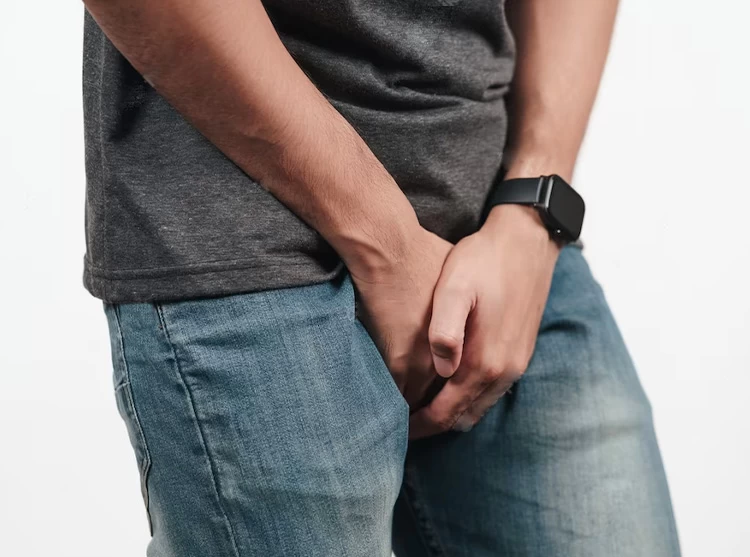
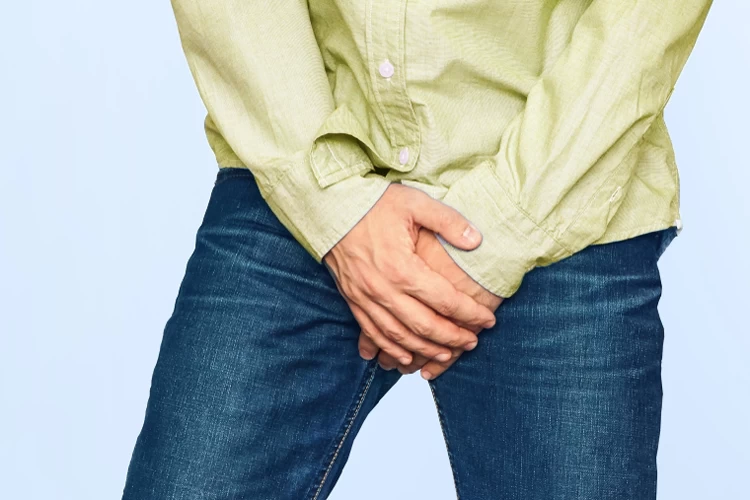
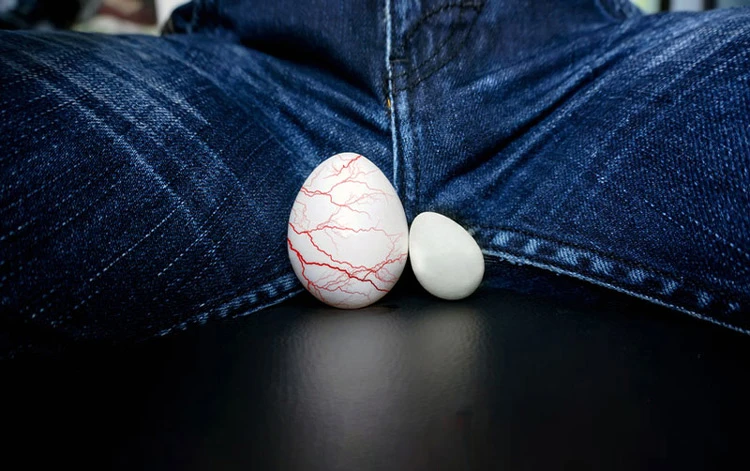
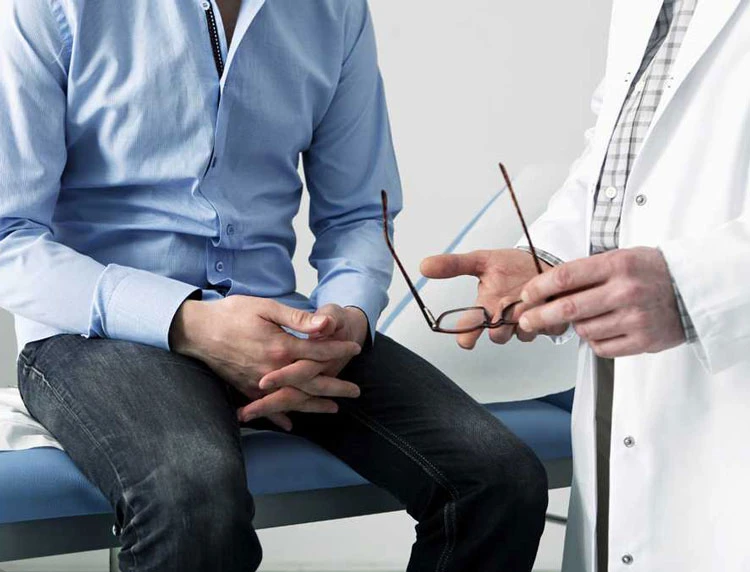
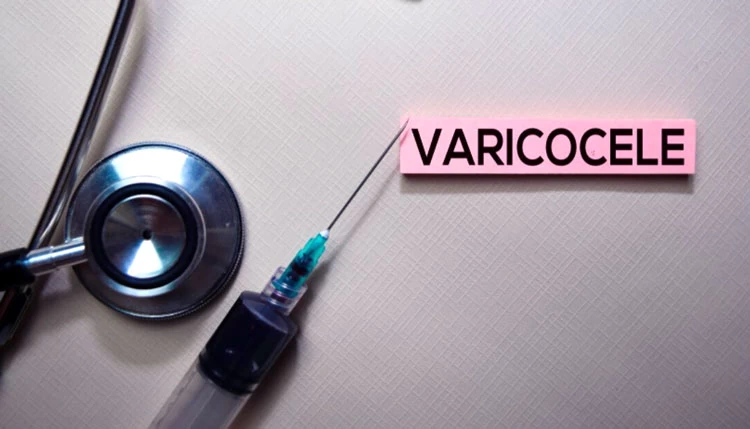
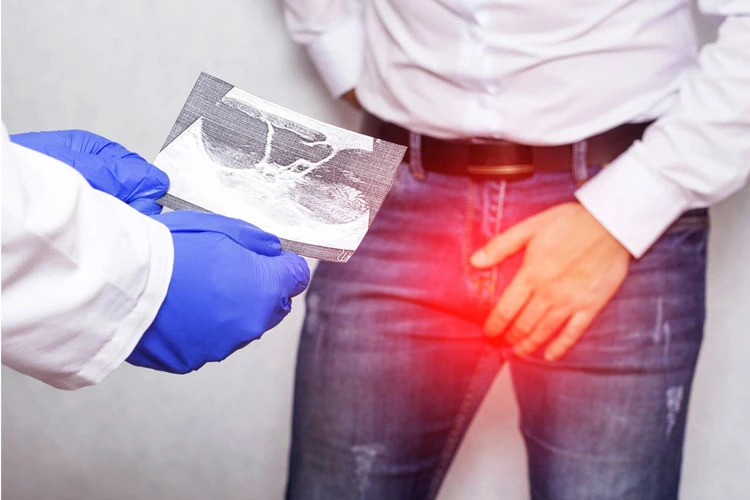

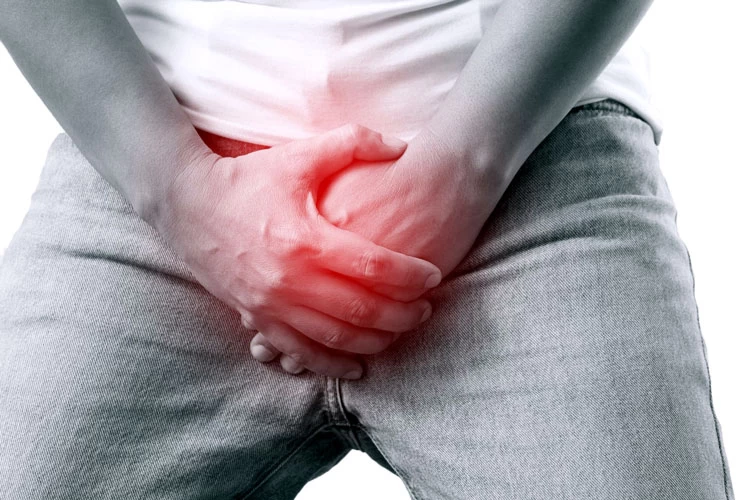

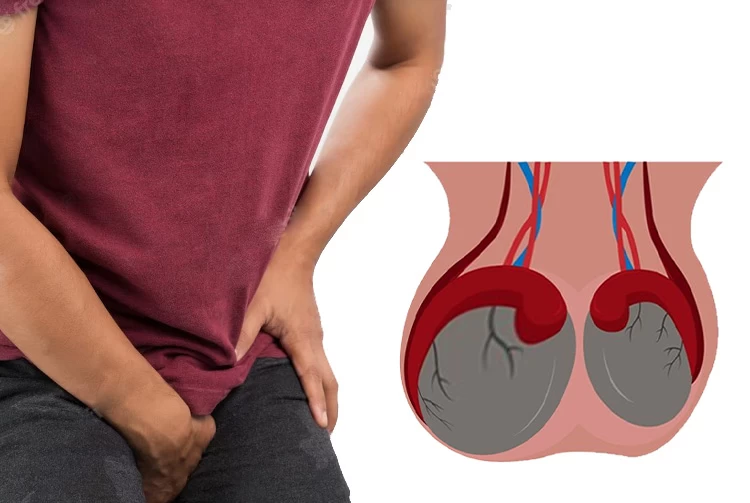

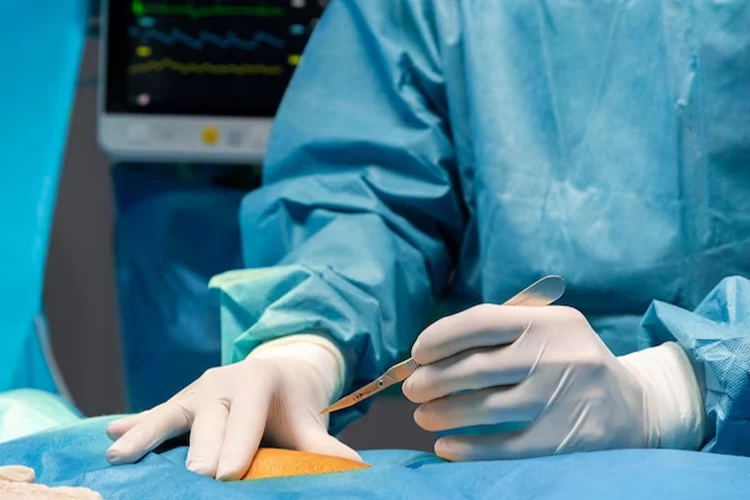
No reviews
Your comment